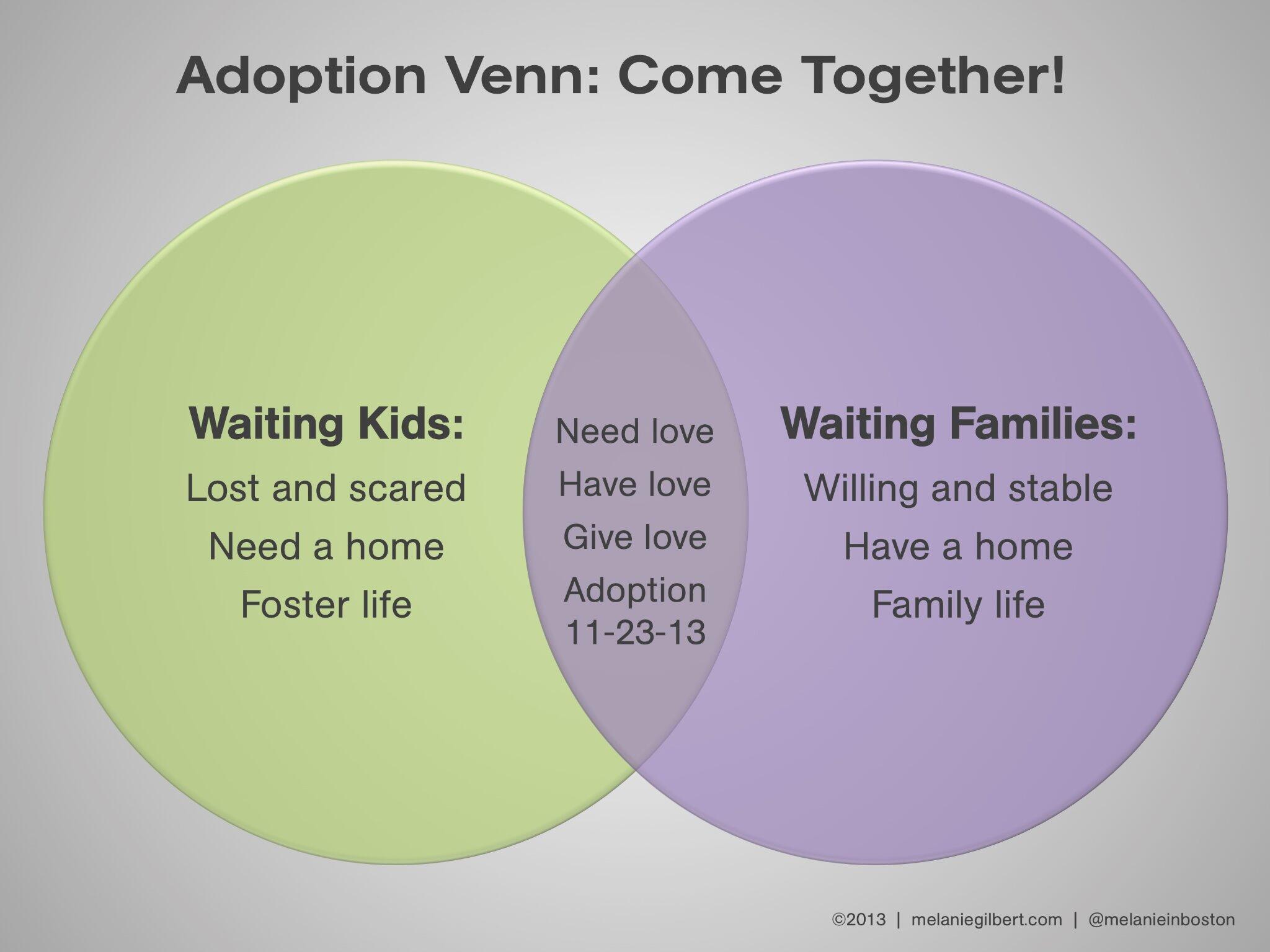It seems that the word "trauma-informed" is popping up in more and more contexts these days, and from my point of view that's a very good thing.
As foster-adoptive parents, the primary parenting challenges that my husband and I faced when our daughter moved in with us were the result of her trauma -- not just (or even primarily) from events that happened in her original home, but also as a result of her separation from the biological family and things that happened during her time in foster care. We understood that every behavioral issue was rooted in trauma -- we didn't have a "bad" child; we had a hurt one. Because of my family's history, I'm a huge advocate for increased trauma-awareness across the spectrum of individuals who interact with children in the child-welfare system.
According to the The National Family Preservation Network (NFPN), here are a couple of steps that child-welfare agencies can take to be better prepared to help children and families affected by trauma:
For additional resources, please click here.
- Help workers understand the nature and effects of trauma. Basic training on trauma is available through a resource developed by the New Jersey Child Welfare Training Academy and is available on the NFPN website: http://www.nfpn.org/articles/trauma-training
- Provide ongoing training to workers. The National Child Traumatic Stress Network offers a free, comprehensive resource: The second edition of The Child Welfare Trauma Training Toolkit is now available at http://www.nctsn.org/products/child-welfare-trauma-training-toolkit-2008
When it comes to better serving foster and adopted children, trauma awareness is crucial -- but it must also be paired with an awareness of this population's specific needs. At a recent Re-Envisioning Foster Care in America gathering, Dr. Sally Popper (a clinical psychologist with a practice focused on working with foster and adopted children and their families) emphasized that effective treatment for foster and adopted children must combine trauma-based therapy with an understanding that such children may be feeling torn between families. An adoptee myself, I nodded in enthusiastic agreement as Popper reminded the audience that foster and adopted children have complicated lives. Parents, therapists, social workers, teachers -- all of us can benefit from keeping Popper's wise words in mind as we interact with the foster and adopted children in our lives.

